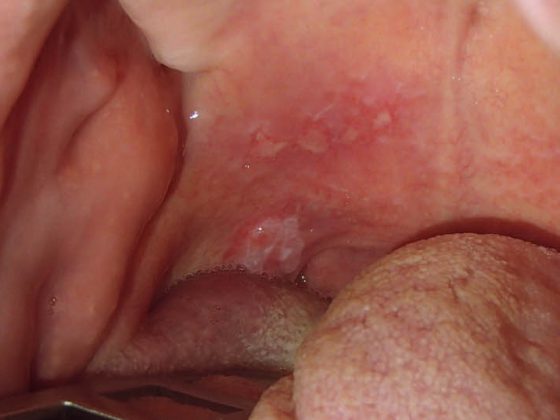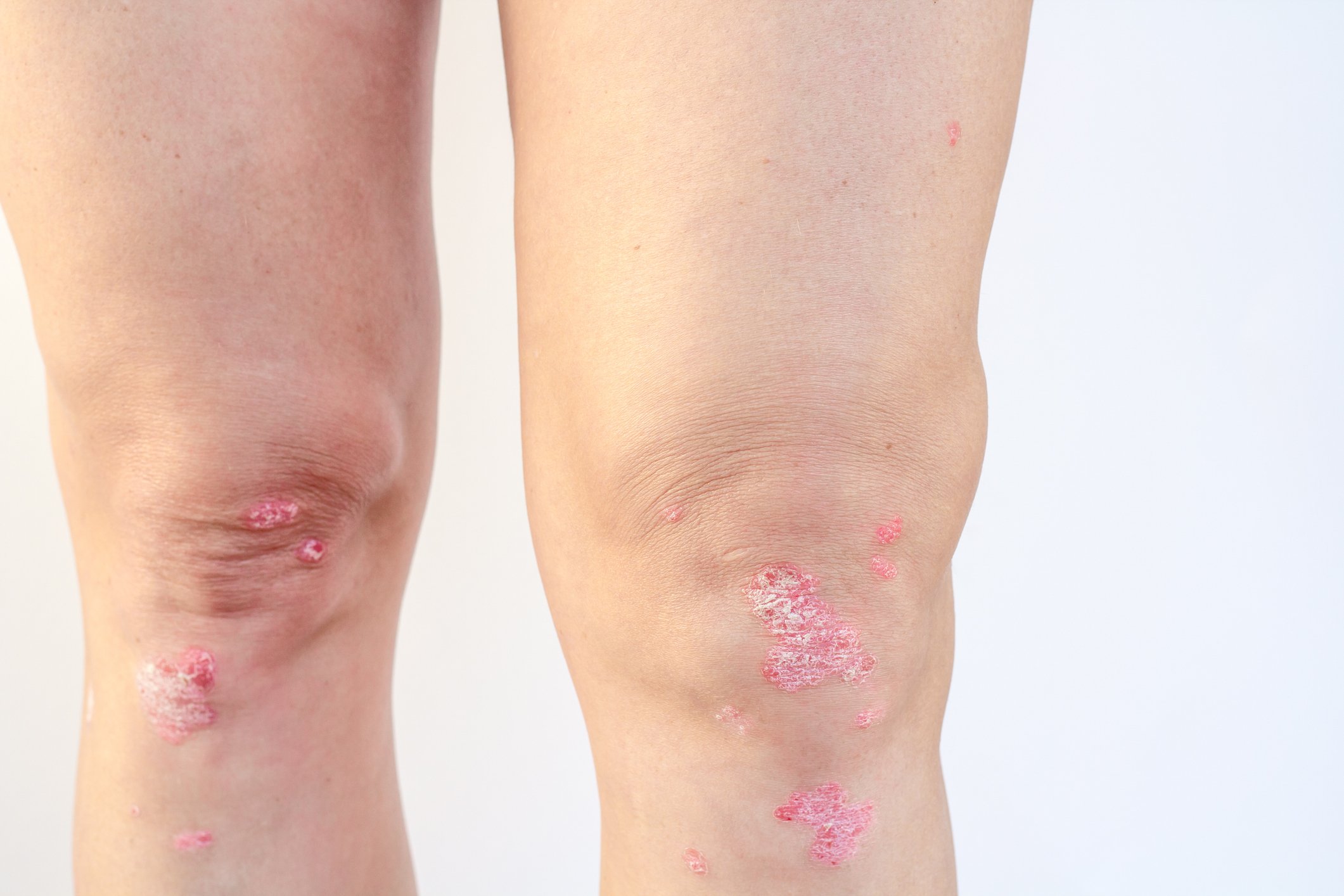Study results from a large registry were presented at the 2014 ASH Congress in San Francisco, suggesting that women with Diamond-Blackfan anemia suffer from various menstrual symptoms and pregnancy complications. This confirms observations from the clinic that have been pointing to these consequences of the rare condition for some time.
(ag) People with Diamond-Blackfan anemia (DBA) not only suffer from birth abnormalities, but also have an increased risk of developing cancer. The disease is characterized by aplasia of erythrocytes. The condition is primarily inherited in an autosomal dominant manner, is extremely rare, and affects both sexes to approximately the same extent. Treatment of this congenital bone marrow disorder is with corticosteroids and ongoing erythrocyte transfusions, and in some cases hematopoietic stem cell transplantation is considered.
In addition to the aforementioned symptoms, women with DBA often suffer from delayed puberty, irregular menstrual cycles, and impaired fertility. However, when pregnancy does occur, the risk of pregnancy complications (including miscarriage, premature placental abruption, and stillbirth) is greater than in the general population [1]. Treatment response and remission status may also change during hormonal fluctuations, e.g., puberty and pregnancy, although it is unclear why this is so.
Data from register presented
A study presented at the 2014 ASH Congress took another closer look at what reproductive problems women with DBA suffer [2]. For this purpose, questionnaires were distributed to 224 women over 15 years of age from the Diamond Blackfan Anemia Registry of North America (DBAR). Participants were asked questions about menstruation and other gynecologic topics. Sometimes they also discussed possible pregnancies and associated complications or therapies. The women were divided into different groups: Those on steroids and/or blood transfusions and/or remission before 12 years of age. The purpose was to study the effect of treatment on menarche. The variables collected were compared with each other and with the general population (using various U.S. registries).
What came out?
84 of the 224 questionnaires sent out could be evaluated. Responding women had a median age of 28.6 years.
- Menarche occurred later than normal in both girls on steroids and those with blood transfusions. Specifically, 39.5% of the steroid group and 77.8% of the transfusion group experienced first menstruation at age 15 years or later. In the general population, this figure is around 2%. Girls in the transfusion group had a significantly higher risk (p<0.005) of delayed menarche than girls on steroids or in remission.
- Transfusion patients were significantly more likely to suffer premature ovarian failure (menopause before age 40) compared with the other two groups (32.1 vs. 8.6%, p<0.025).
- Mainly transfusion-dependent women (48.1%) reported that they had to use medication to regulate the menstrual cycle.
Big problems also during pregnancy
A total of 50 pregnancies occurred in 23 women. 60% of pregnancies resulted in live births, of which 43.3% were preterm. Preterm births are significantly less common in the general population (11.5%). Furthermore, there was an inverse trend with respect to the types of therapy: the steroid and remission groups had the highest rates of preterm birth (almost two-thirds in each case). 26% of all pregnancies ended in miscarriage, 4.3% in stillbirth – compared to 15% and 0.6% in the normal population. Remarkably, all women who had previously taken steroids required transfusions during pregnancy.
Serious complications
The study authors concluded that reproductive problems do indeed play an important role in women with DBA. Pregnancy complications in particular are significantly increased compared to the normal population and must be taken very seriously. The form of therapy, especially transfusion, also seems to have some influence on menstruation (both on its onset and on its course and termination). The reason for this could be hemochromatosis. During pregnancy, blood transfusions seem to be indispensable: All pregnant women have had to be transfused at some point.
Future studies should investigate whether there is a correlation between specific DBA genotypes and menstrual symptoms and/or pregnancy complications.
Source: ASH Congress, December 6-9, 2014, San Francisco.
Literature:
- Faivre L, et al: High-risk pregnancies in Diamond-Blackfan anemia: a survey of 64 pregnancies from the French and German registries. Haematologica 2006 Apr; 91(4): 530-533.
- Tufano AM, et al: Deleterious Consequences of Diamond Blackfan Anemia on Reproductive Health and Pregnancy Outcomes: A Report from the Diamond Blackfan Anemia Registry (DBAR). Session 508 at ASH Congress: Bone Marrow Failure, Poster III.
HAUSARZT PRAXIS 2015; 10(1): 7












